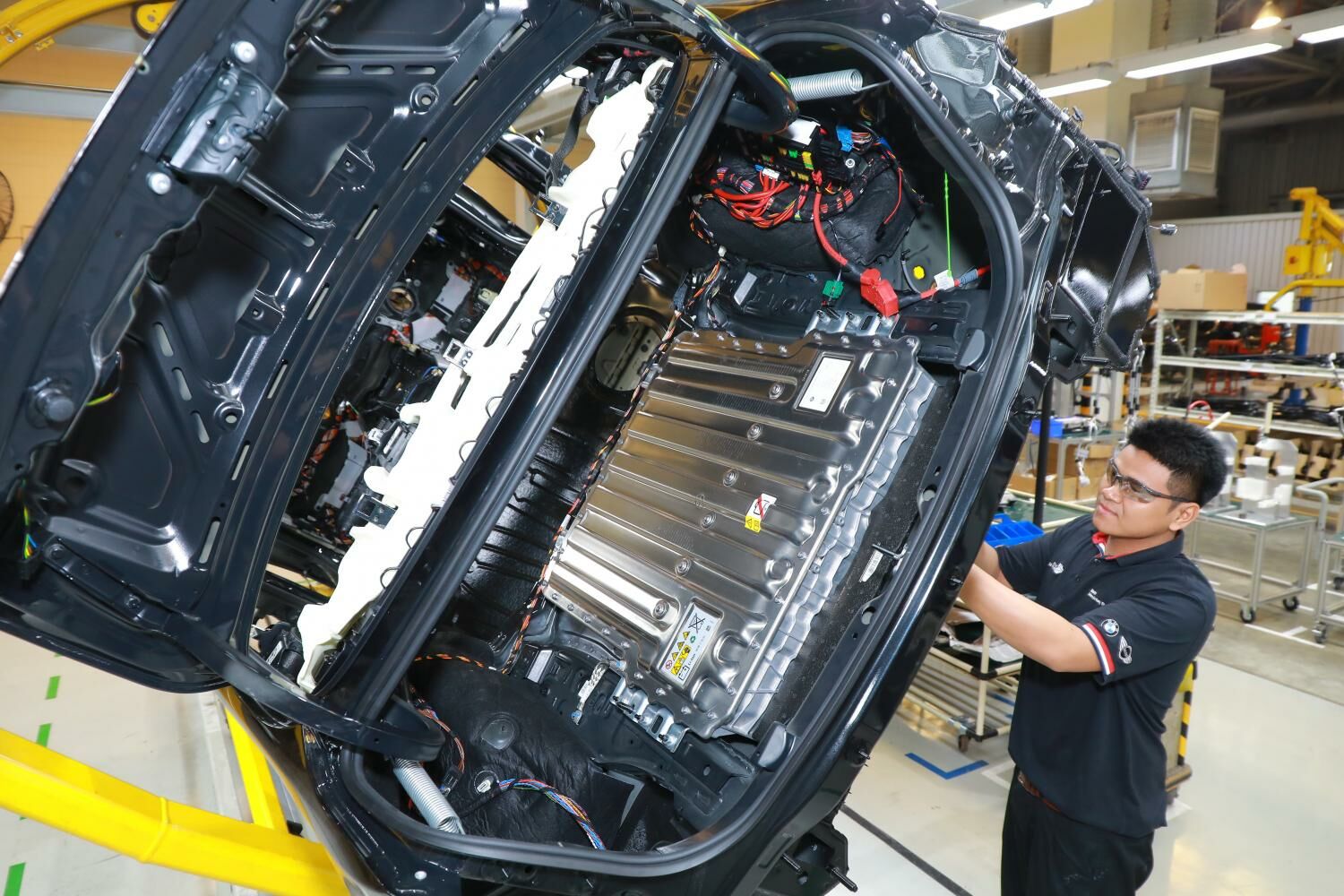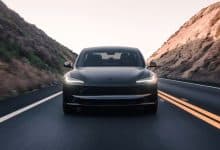BMW to establish first SE Asian EV battery factory in Thailand

BMW Group Thailand revealed plans to establish an electric vehicle (EV) battery factory in the country this year. This move is in response to China’s escalating EV investment and supply chains in Thailand. The factory, to be positioned in Rayong, will bolster the firm’s sales of battery EVs and plug-in hybrid EVs.
The company’s president and CEO, Alexander Baraka, revealed that Thailand will be the first Southeast Asian country to house a BMW EV battery production facility. This follows the establishment of plants in China and Hungary. The decision to invest in battery manufacturing was spurred by China’s aggressive expansion of its EV investment and supply chains in Thailand, reported Bangkok Post.
BMW Group Thailand sees the country as a potential export hub for battery production. The firm is also considering investing in EV production in Rayong, although this will depend on various factors including market demand and the global supply of semiconductors.
The Thai EV market is witnessing rapid growth, fuelled by government policies aimed at promoting the industry and positioning Thailand as a regional hub of EV production. Last week, the National Electric Vehicle Policy Committee approved cash grants for local EV battery cell manufacturers and promoted energy storage systems with financial support from the Competitiveness Enhancement Fund.
This government policy has encouraged automotive companies, particularly from China, to invest in Thailand. This has prompted global manufacturers from Europe, the US, and Japan to adjust their strategies by offering cars at lower prices and improving their after-sales services.
In 2021, BMW Group Thailand reported total car sales of 15,477 units, encompassing both BMW and Mini brands, marking a 4% increase from the previous year. Additionally, sales of BMW Motorrad motorcycles reached 1,079 units, Baraka said.
“Our battery EVs gained a market share of 15.5% of sales in Thailand.”
BMW Group Thailand is also monitoring the effect of the Red Sea conflict on marine logistics and global supply chains. Baraka noted that the conflict is causing some short-term impact on the company as it has delayed the shipping of some auto components to Asia. However, he reassured them that their parent company could manage this situation effectively.
Latest Thailand News
Follow The Thaiger on Google News:


























